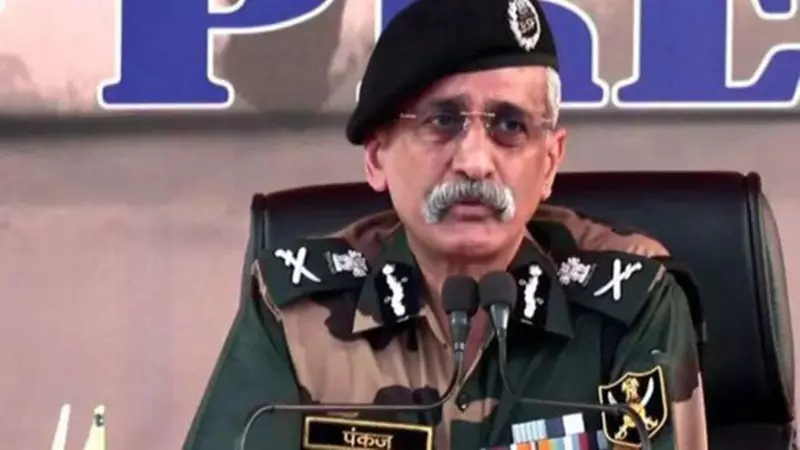
In a significant political development that could reshape the landscape of West Bengal's hill politics, the Central Government has appointed BJP leader Pankaj Singh as the new chief interlocutor for the protracted Gorkhaland negotiations. This strategic move comes at a crucial juncture, with the long-standing territorial dispute remaining a potent electoral factor in the region.
A Fresh Approach to an Old Conflict
The appointment signals the Centre's renewed commitment to addressing the complex Gorkhaland issue, which has simmered for decades in the picturesque Darjeeling hills. Pankaj Singh, known for his political acumen and negotiation skills, brings a fresh perspective to talks that have seen multiple rounds without conclusive resolution.
Political Implications for Bengal's Electoral Battleground
This development carries substantial political weight, particularly with West Bengal remaining a key battleground state. The Gorkhaland movement has historically influenced electoral outcomes in the northern Bengal constituencies, making this appointment strategically significant for all political stakeholders.
The timing of this decision raises important questions about the Centre's approach to regional disputes and its potential impact on the political equations in the sensitive border state. Political analysts are watching closely how this move will play out in the complex tapestry of Bengal's politics.
Understanding the Gorkhaland Conundrum
The demand for a separate Gorkhaland state stems from long-standing cultural, linguistic, and administrative aspirations of the Gorkha community in the Darjeeling hills and surrounding areas. The movement has witnessed periods of intense agitation followed by prolonged negotiations, with various political formations attempting to find a middle ground.
- Historical Context: The Gorkhaland movement dates back to the early 20th century, gaining significant momentum in the 1980s
- Administrative Arrangements: Previous attempts at resolution led to the formation of the Darjeeling Gorkha Hill Council and later the Gorkhaland Territorial Administration
- Political Significance: The issue remains emotionally charged and politically relevant for the region's predominantly Gorkha population
The Road Ahead for Negotiations
Pankaj Singh's appointment comes with expectations of breaking the deadlock that has characterized previous negotiation attempts. His mandate likely includes:
- Establishing fresh dialogue channels with all stakeholders
- Addressing core concerns while maintaining constitutional framework
- Balancing regional aspirations with national integration imperatives
- Building consensus among diverse political formations in the hills
The success of this new initiative will depend on multiple factors, including the willingness of all parties to approach the talks with flexibility and the Centre's ability to provide a framework that addresses genuine concerns while preserving regional stability.
Broader Implications for Federal Politics
This development represents more than just another round of negotiations on a regional issue. It reflects the evolving dynamics of Centre-state relations and the approach to resolving long-standing territorial and identity-based disputes within India's federal structure.
The outcome of this fresh initiative could set precedents for how similar regional aspirations are addressed elsewhere in the country, making it a case study in conflict resolution within democratic frameworks.






